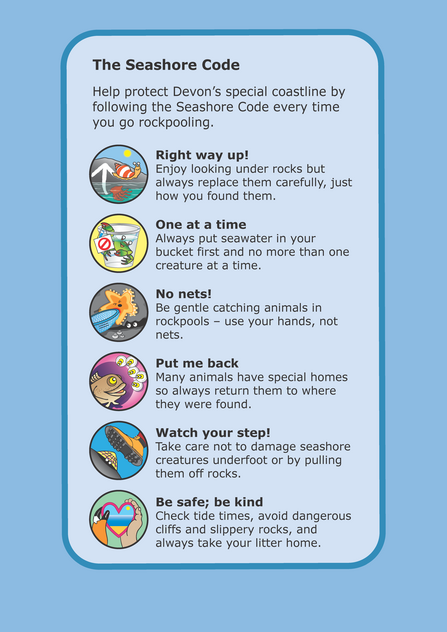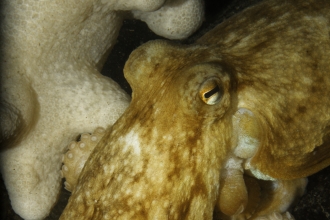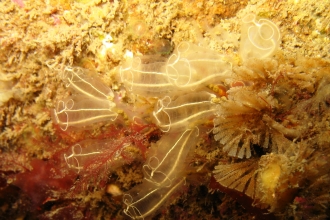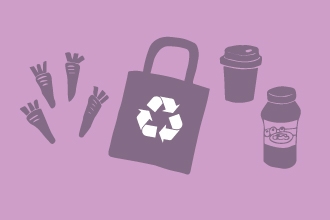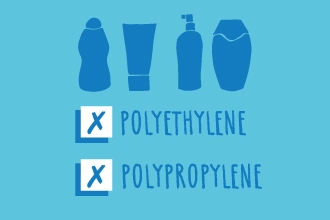
A young female grey seal (Halichoerus grypus) swims over kelp. Photographed in July. Farne Islands, Northumberland, England, British Isles. North Sea - Alexander Mustard/2020VISION
Working for Wilder Seas
Our seas need protection
Protecting our seas and coasts is essential for nature's recovery. Devon is the only county in England with two separate coasts, and our coastal water's are some of the UK's most diverse. But our seas are under threat - pollution, development, overfishing, and a lack of protected areas are putting our seas and the wildlife within them at risk. We need better protection and management of our seas before it's too late.
The key to tackling climate change
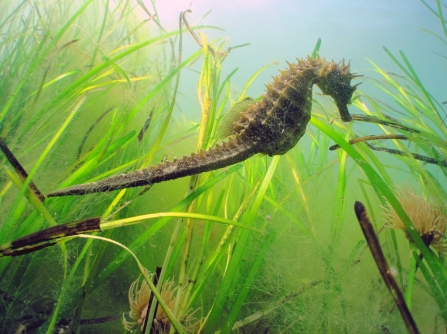
A hectare of seagrass may store two tonnes of CO2 a year and hold it for centuries, while providing nursery habitat for young fish. But since 1985 we have lost half our seagrass meadows. Reducing water pollution and replanting would bring them back to health. Here in Devon, we work with communities, schools, farmers and landowners to reduce water pollution and return our rivers that feed into our seas to good health.
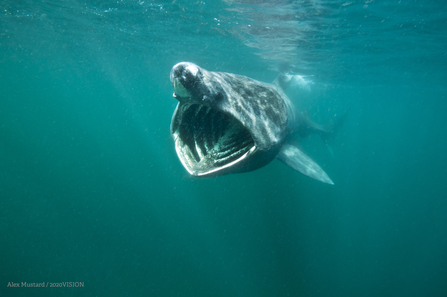
Credit - Alex Mustard
Larger populations of species like whales and basking sharks would help the sea store more carbon. We need to protect them from pollution, industrial fishing and other harmful human activities. We are campaigning for large areas of our seas here in Devon to be designated as Highly Protected Marine Areas which will allow these giants to swim freely in our waters once more.
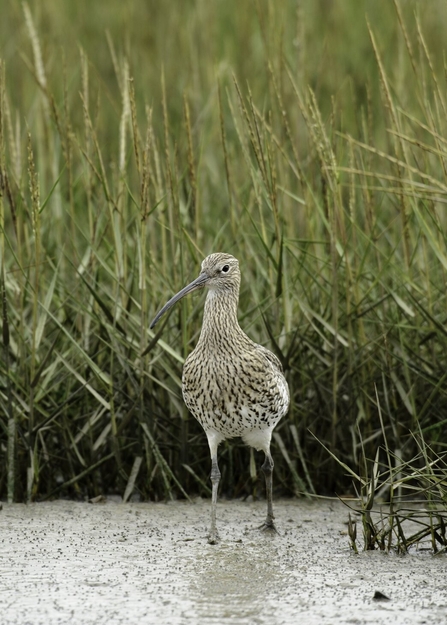
Terry Whittaker/2020VISION
One hectare of saltmarsh can capture two tonnes of carbon a year and lock it into sediments for hundreds of years, but across the UK we are losing nearly 100 hectares of saltmarsh a year. Coastal realignment could restore much of it, and reduce flooding and erosion. Here in north Devon, we are witnessing the change of habitat to saltmarsh at Horsey Island, which in turn is also becoming a magnet for wading birds.
A living world beneath the waves
So much of Devon’s brightest, weirdest and most wonderful wildlife remains hidden from us, living in a world beneath the waves. Learn more about a few of our favourite Devon species below, and head to our wildlife explorer page to see what else lives beneath the waves. You can also listen to Coral, our Marine Engagement and Awareness Officer, talk about some of our charismatic rockpool species in a recent webinar with Devon Local Nature Partnership in the recording below.
Our work to protect Devon's seas starts on land
At Devon Wildlife Trust we believe that through using natural solutions to restore habitats, we can tackle the climate and nature emergency. When healthy, our natural habitats can reduce the risk of flooding, help prevent coastal erosion, improve people’s health and wellbeing, as well as maintain healthy soils and clean water.
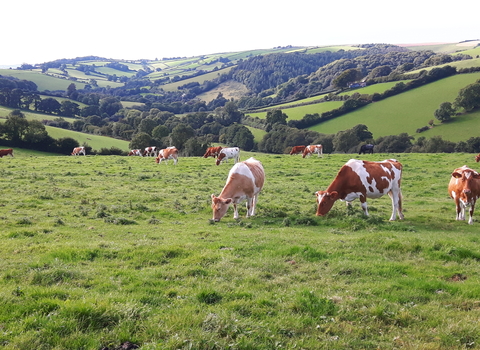
Working with landowners
We work with hundreds of farmers and landowners each year through our many projects, providing advice and support. We believe that wildlife can flourish on farms, and that our rivers can be healthy with environmentally-friendly farming practices. Our work with landowners to improve local water quality will have a direct impact on the health of Devon's coasts and seas.
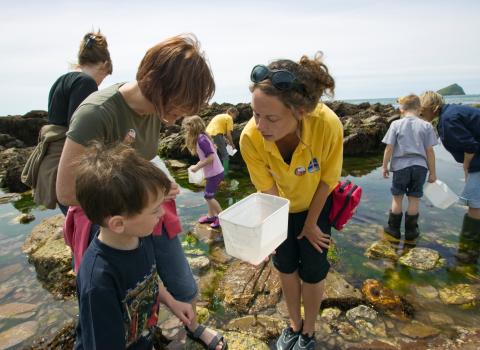
Marine engagement
Wembury Marine Centre is the best place to learn about Devon's amazing marine wildlife. Inside you'll find a unique blend of interactive activities and beautiful underwater imagery to tell the story of local marine life. Through the summer the centre hosts a host of fun and informative events such as rockpool safaris, snorkel safaris and more!
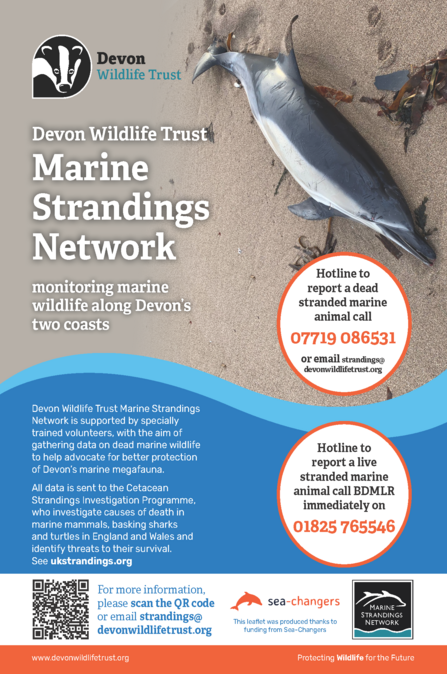
Do you know what to do if you see a marine stranding?
Autumn and winter storms can see more marine animals being brought up onto our shores. Finding one can be distressing, but it's important that you know what to do when you see one!
Is the animal alive? Please call British Divers Marine Life Rescue immediately on 01825 765546 (office hours) or 07787 433412 (out of hours). Keep your distance, and keep other people and dogs away.
If the animal is dead, please call Devon Marine Strandings Network on 07719 086531 or email strandings@devonwildlifetrust.org. Please include photos, a location and when you found it.
Save the numbers in your phone and spread the word by downloading our leaflet.
How you can help
Caring for and protecting our marine habitats, wildlife and shores is something that we can all do. Small changes we make at home can have a big impact on our seas!
Follow the Seashore Code
